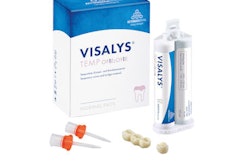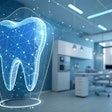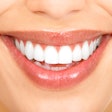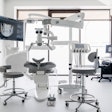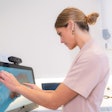Researchers from the University of Hong Kong have developed an artificial intelligence (AI) system designed to predict the risk of early childhood caries for individual teeth, according to a university press release.
Furthermore, the system analyzes bacterial changes in the mouth to predict caries risk with more than 90% accuracy, according to the release dated June 23.
“We've moved from seeing cavities as inevitable to being able to predict and prevent them at the microbial level, tooth by tooth,” Shi Huang, PhD, assistant professor in microbiology at the university and lead author of the study, said in the release.
For the study, the research team analyzed tooth-specific microbial communities from 2,504 plaque samples from 89 preschool-age children over a year. Using 16S rRNA sequencing and shotgun metagenomics, they identified microbial patterns that precede tooth decay.
A key finding was the discovery of a natural microbial gradient from front to back teeth in healthy mouths, shaped by saliva flow and tooth structure. This gradient became disrupted as cavities formed, with bacteria from front teeth migrating to molars and vice versa. These shifts occur before decay is visible, offering an early signal of risk, according to the release.
Building on this insight, the team developed Spatial-MiC, an AI system to predict cavity risk for individual teeth using microbial data. It achieved 98% accuracy in detecting current cavities and 93% in predicting future ones up to two months in advance.
 The research team, led by Professor Shi Huang (left). The AI system achieved a 93% accuracy rate in predicting caries that would develop two months later.The University of Hong Kong.
The research team, led by Professor Shi Huang (left). The AI system achieved a 93% accuracy rate in predicting caries that would develop two months later.The University of Hong Kong.
The researchers hope to expand the system to broader populations and eventually bring it into dental clinics as a practical diagnostic tool, according to the release.
“These findings fundamentally change how we understand tooth decay,” Huang said.





